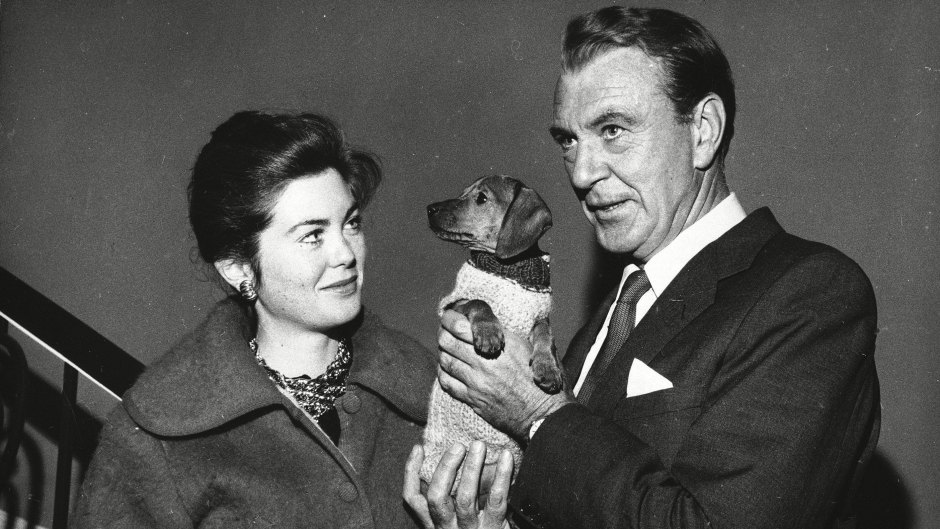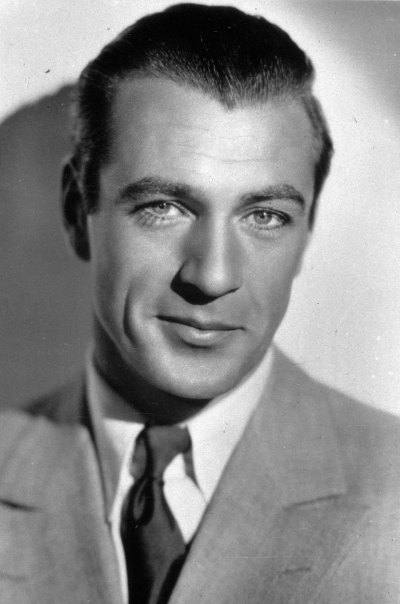
AP/Shutterstock
‘High Noon’ Actor Gary Cooper’s Only Daughter Maria Says Her Father Was ‘Very Nonjudgmental’
Gary Cooper once said he looked for parts that showed the best that an American man could be. His idealistic characters in classics such as High Noon, Mr. Deeds Goes to Town and The Pride of the Yankees inspired movie audiences as they took courageous stands against incredible odds.
“He chose roles where the male lead turned out to be the hero, or did the right thing, even if he got killed in the end,” his daughter, Maria Cooper Janis, tells Closer. This kind of idealism was a strong part of Gary’s real-life character. He spent his childhood on a Montana ranch where the social injustices he witnessed had an effect on his thinking.

“His father had been a Montana Supreme Court justice, so he grew up with a respect for law and a belief in justice,” explains Maria, who says that her father was particularly sympathetic to the plight of the Native American community. “The Indian kids were his first friends. He learned to love the Native American culture and spiritual traditions and was very angry at what our government had done to them.”
Gary came to California to be a movie stunt rider, but soon established himself as a leading man. Still, his heart remained with the everyman, even after he wed Maria’s socialite mother, Veronica “Rocky” Balfe, in 1933. No matter how high his star rose — Gary was a two-time Oscar winner — he never liked dressing up or putting on airs.
“My father wasn’t pretentious,” says Maria. “When he wasn’t working, he would go duck shooting or have the greatest day sitting at a local coffee shop eating a hamburger. He would drink a scotch, but he really loved beer.” He related to regular people, but Gary and Rocky did cultivate some famous friendships, too.
“It could be the Bogarts, Judy Garland, Jimmy Stewart — he was one of my father’s closest friends in the industry. Bing Crosby was another good pal of my father,” Maria says. “He loved being around creative people and exchanging ideas.”
Gary, who called himself a conservative Republican, also stood by his friends when they needed him. In 1951, High Noon screenwriter Carl Foreman was called to appear before the House Un-American Activities Committee — prompting some to call for his dismissal from the movie. Gary believed that no one should be penalized for their views and used his clout to help him.
“My father said, ‘If Foreman goes, Cooper goes.’ And then he walked out of the room because that was who he was,” Maria says. “He was very nonjudgmental. He thought that people had a right to believe what they wanted to believe.”
Of course, High Noon went on to become a classic of the western genre and a winner of four Oscars, but that’s not why it was one of Gary’s favorites. “I think certain films had meaning to him, not necessarily because he won an award for it,” says Maria, “but because it allowed him to stretch, grow and say something true.”







































